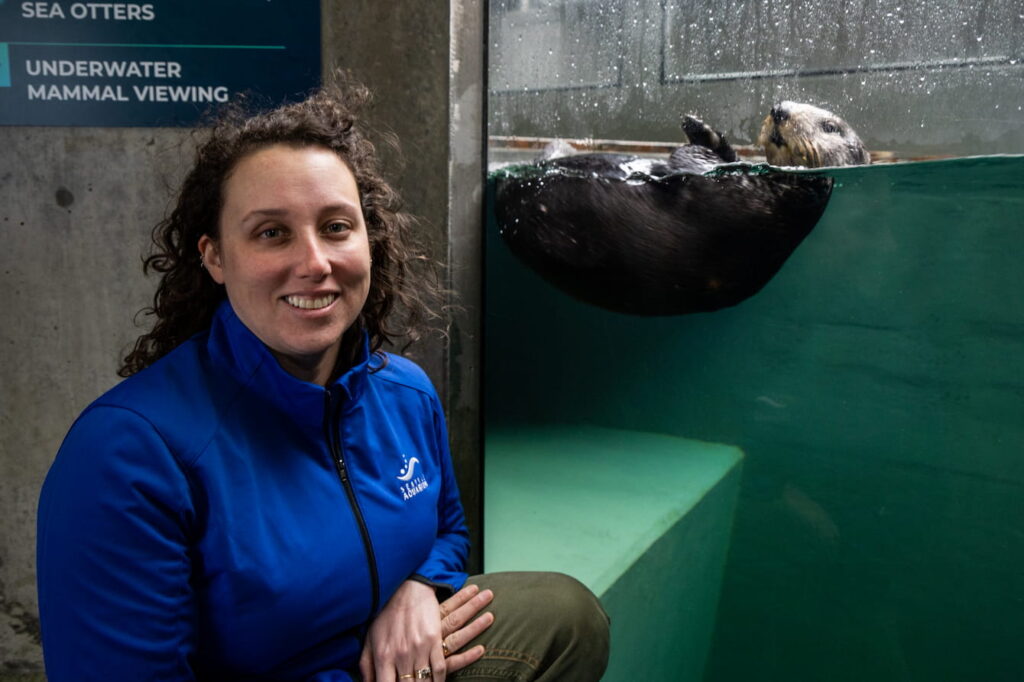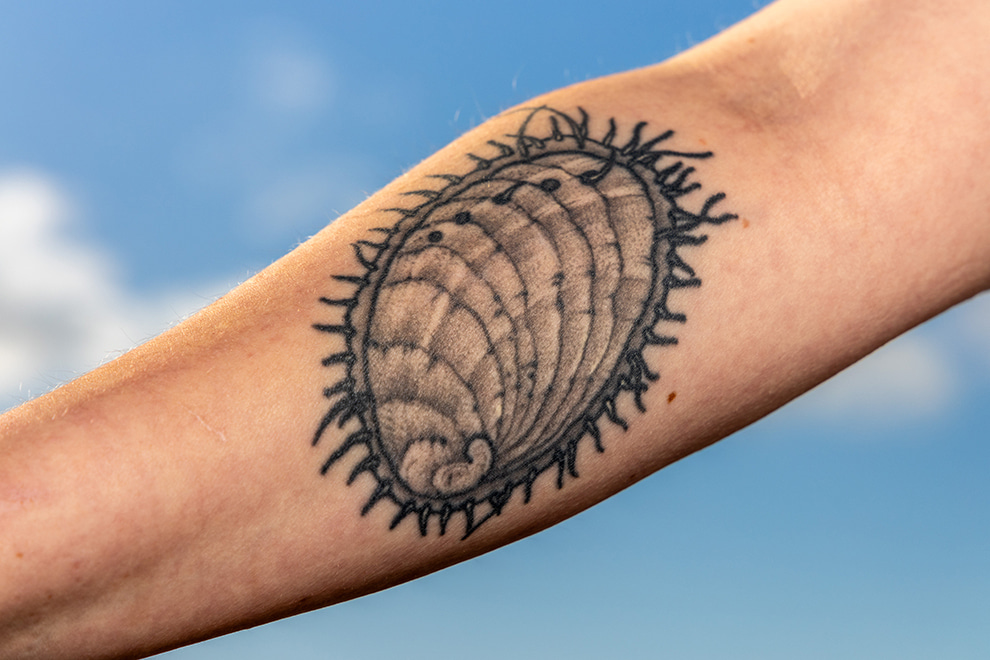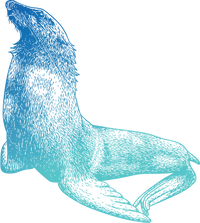Featured Stories
All Stories
Filter By Tag
- All Tags
- Accessibility
- Animal Care
- Anti-Racism
- Aquarium Research
- Birds
- Bonded pairs
- Compost
- Coral
- Coral Reef
- COVID-19
- Dogfish
- Drama
- Dwarf Cuttlefish
- Empathy Fellowship
- Equity
- Fish
- Fur Seal
- Giant Wrymouth
- Guest Blogger
- Harbor Seal
- Indo-Pacific Leopard Shark
- Interview
- Intrigue
- Mangroves
- Nerdy Science
- Ocean Pavilion
- Octopus
- Orca
- Plastic Pollution
- Policy
- Porcupinefish
- Quiz
- Red Irish Lord
- Research
- ReShark
- River Otter
- Rockfish
- Romance
- Salmon
- Sea Otter
- SEAlebrities
- Seattle Aquarium
- Seattle Waterfront
- Spanish
- Sturgeon
- Sustainability
- Sustainability commitment
- Sylvia Earle Medal
- Tattoos of the Aquarium
- The Big Dark
- The Doctor Is In
- Tufted Puffin
- Valentine's Day
- Vamos al Acuario
- Volunteer
- Water Quality
- Waterfront
- Waterfront Itinerary
- Western Snowy Plover
- Whales
- Whitespotted Boxfish
Filter By Date
- All Dates
- October
- September
- August
- July
- June
- May
- March
- February
- January
- December
- November
- October
- September
- August
- July
- June
- May
- April
- March
- February
- January
- November
- October
- September
- August
- July
- June
- May
- April
- March
- February
- January
- December
- November
- October
- September
- August
- July
- May
- April
- March
- February
- January
- December
- November
- October
- September
- July
- June
- May
- March
- January
- November
- July
- April
- January
- May
- 2025
- 2024
- 2023
- 2022
- 2021
- 2020
- 2019
dive deeper
Featured stories

“Like human nurses—but in the veterinary field:” All about vet techs at the Seattle Aquarium
What does it mean to be a vet tech, and what kinds of education and experience are needed to work[...]
Learn More


